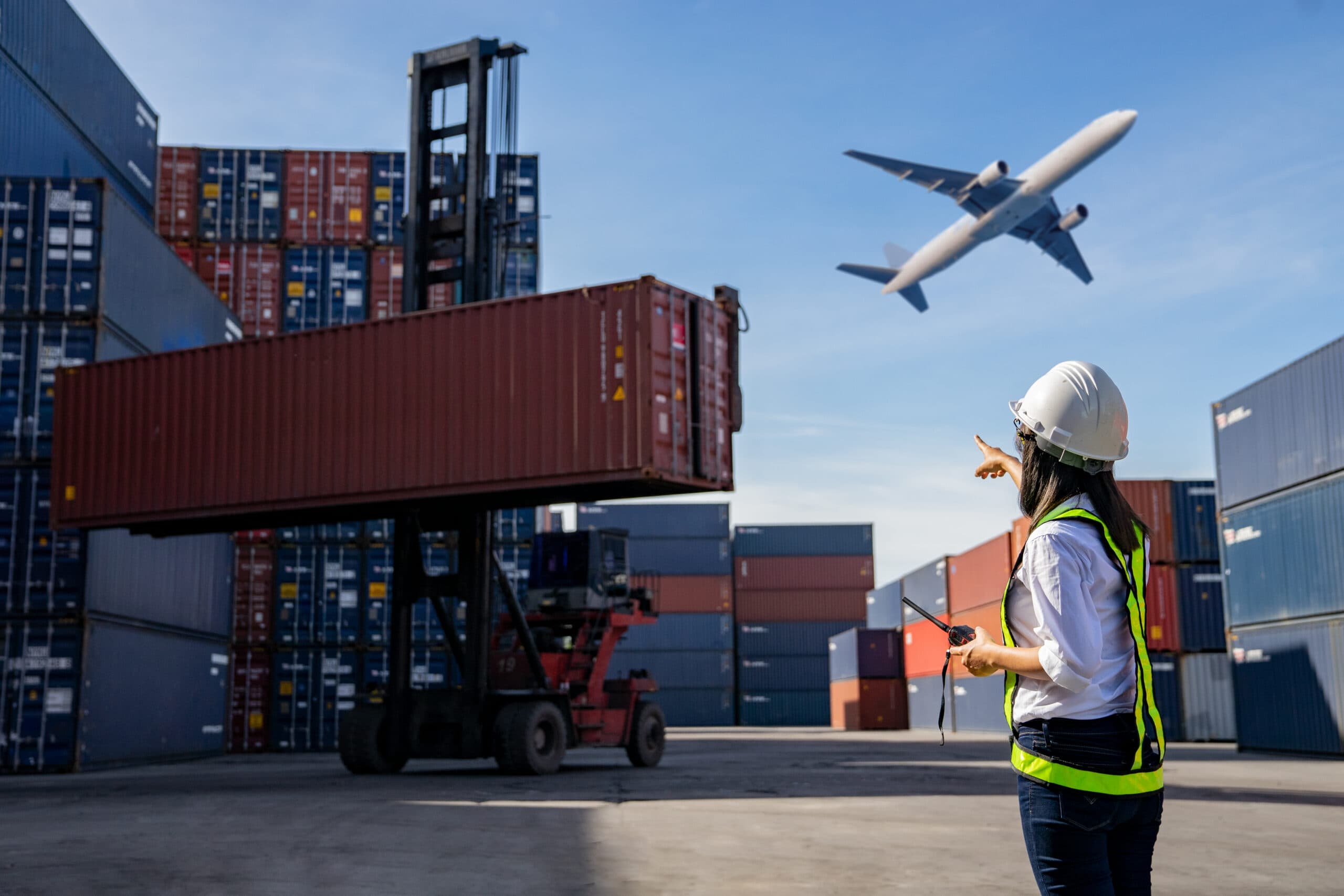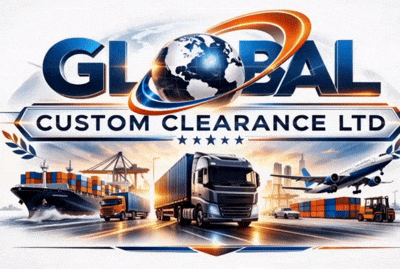Hassle-Free Customs Clearance in Southampton – A Complete Guide for Importers & Exporters

Southampton, one of the UK’s most significant port cities, plays a crucial role in international trade. Whether you are importing machinery from China or exporting automobiles to the USA, the process of customs clearance Southampton can be the key to smooth and timely shipments. However, navigating UK customs regulations, paperwork, and procedures can be complex without the right expertise. This guide explains everything you need to know about customs clearance in Southampton — from documentation and procedures to choosing a reliable customs broker.
Why Southampton is a Key Port for International Trade
Southampton is home to one of the UK’s busiest deep-water ports. Strategically located on the south coast, it serves as a major gateway for:
- Container shipments
- Automobiles and machinery
- Bulk cargo
- Consumer goods
- Cruise and ferry traffic
Due to its world-class infrastructure and easy access to major road and rail networks, many businesses prefer shipping through the Port of Southampton. However, to benefit fully from its logistics advantages, efficient customs clearance is vital.
What is Customs Clearance?
Customs clearance is the process of preparing and submitting documentation required to facilitate the import or export of goods into or out of a country. It involves:
- Submission of relevant customs declarations
- Paying import duties and VAT
- Inspection and release of cargo by HMRC (Her Majesty’s Revenue & Customs)
- Ensuring compliance with UK trade laws and regulations
Failure to comply with these steps can result in fines, delays, and even the seizure of goods.
Documents Required for Customs Clearance in Southampton
Whether you’re importing or exporting goods through Southampton, the following documents are typically required:
- Commercial Invoice
- Packing List
- Bill of Lading (BOL) or Airway Bill (AWB)
- Import/Export License (if applicable)
- Customs Declaration (SAD form)
- EORI Number – Required for any UK business trading internationally
- Commodity Codes – For proper classification of goods
- Certificates of Origin or Health Certificates (for food or animal products)
Having accurate documentation is the first step toward a hassle-free clearance process.
Step-by-Step Customs Clearance Process in Southampton
Here’s how the typical customs clearance process works at Southampton Port:
Step 1: Arrival of Goods
Goods arrive at the port and are held in a customs-controlled warehouse or container terminal until the customs process is completed.
Step 2: Declaration Filing
An import or export declaration is submitted to HMRC using the CDS (Customs Declaration Service), detailing the nature, quantity, and value of goods.
Step 3: Duties and Taxes Calculation
Based on the commodity code and declared value, HMRC calculates import duties and VAT. These must be paid before goods are released.
Step 4: Inspection (if required)
HMRC may choose to inspect the shipment for compliance, especially if it’s high-risk or flagged by the system.
Step 5: Clearance and Release
Once cleared, a Release Note is issued and goods are allowed to exit the port and be transported to their final destination.
Who Handles Customs Clearance?
You can handle customs clearance yourself (if you have knowledge of UK customs laws), but most businesses prefer using:
1. Customs Brokers or Freight Forwarders
These are professionals who act on your behalf to ensure compliance, speed up the process, and avoid penalties.
2. In-House Compliance Teams
Larger firms may have their own customs teams for managing shipments in-house.
3. Port-Centric Logistics Companies
These companies offer end-to-end supply chain solutions, including warehousing and customs brokerage at Southampton.
Benefits of Using a Professional Customs Clearance Agent in Southampton
Hiring a customs broker can save you time, money, and legal trouble. Key benefits include:
- Accurate Classification of Goods (to avoid overpaying duties)
- Compliance with Latest UK and EU Trade Rules
- Timely Documentation Submission
- Faster Release of Cargo
- 24/7 Port Clearance Support
- Minimized Risk of HMRC Delays or Audits
Common Challenges in Customs Clearance (and How to Avoid Them)
Even experienced traders can face clearance issues. Here’s how to avoid common pitfalls:
| Challenge | Solution |
|---|---|
| Incorrect Commodity Code | Use a professional broker to classify items correctly |
| Missing or Incomplete Paperwork | Double-check all forms before shipment |
| Non-payment of Duties | Pre-calculate and pay duties in advance |
| Import License Not Available | Check licensing requirements well ahead of time |
| Delayed Inspections | Choose faster inspection slots or prioritize clearance with AEO status |
Post-Brexit Customs Clearance in Southampton
Since Brexit, all UK-EU trade now requires full customs declarations. Goods coming from the EU are subject to the same procedures as non-EU goods. Key changes include:
- Mandatory EORI numbers
- Additional Safety and Security Declarations (ENS)
- Changes in tariff codes and VAT accounting
- New border checks for food and animal products
If you’re importing from the EU via Southampton, ensure your customs clearance agent understands the latest post-Brexit protocols.
Tips for Faster Customs Clearance in Southampton
- Apply for AEO Status: Authorized Economic Operators get priority clearance and fewer inspections.
- Keep Records Ready: Store past declarations, invoices, and permits for HMRC audits.
- Use Digital Systems: Online customs software speeds up declaration submission.
- Work with Local Agents: Southampton-based brokers are familiar with port-specific procedures.
- Schedule Shipments Wisely: Avoid peak times like holidays to reduce congestion.
How to Choose the Right Customs Clearance Agent in Southampton
When choosing a clearance partner, consider:
- Experience with your product type
- HMRC-compliance record
- Digital systems and EDI compatibility
- 24/7 support and real-time updates
- Transparent pricing (flat vs percentage fees)
Look for reviews, ask for case studies, and ensure the agent is registered with HMRC and holds relevant accreditations.
Conclusion
Whether you’re a first-time importer or a seasoned exporter, customs clearance Southampton is a critical stage in international trade. Southampton, with its modern port facilities and strategic location, is an ideal hub — but only if your paperwork, duties, and procedures are handled properly.
Using a qualified customs clearance agent in Southampton will save you time, prevent costly mistakes, and ensure your goods move swiftly through one of the UK’s busiest ports. Prepare thoroughly, stay compliant, and partner with the right professionals to keep your supply chain moving without delays.



